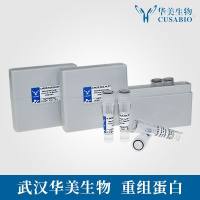Increasing Plant Tolerance to Metals in the Environment
互联网
439
An effective metal phytoremediation strategy depends on the ability of plants to tolerate and accumulate metals from the environment. Metals in soil and water exert a stress on plants that is detectable at the organismic and cellular level, and as a consequence of this stress, plant ethylene levels increase. The increased levels of ethylene typically exacerbate stress symptoms such that reducing this excess ethylene improves plant survival. Plant growth-promoting bacteria that express the enzyme 1-aminocylcopropane-1-carboxylic acid (ACC) deaminase have been shown to lower plant ethylene levels and enhance a plant’s ability to proliferate in metal-contaminated soil. In this chapter, the isolation of ACC deaminase-containing soil bacteria, the isolation of the ACC deaminase gene, and its use in constructing transgenic plants is described. These transgenic plants are more tolerant of high levels of metals, flooding, pathogen attack, and salt stress, making them excellent candidates for phytoremediation strategies.






